Reflection for Christ Church Uniting, 3 March 2024
with Psalm 19 & Matthew 16:13–20 and ‘Wandering Heart’ by A Sanctified Art
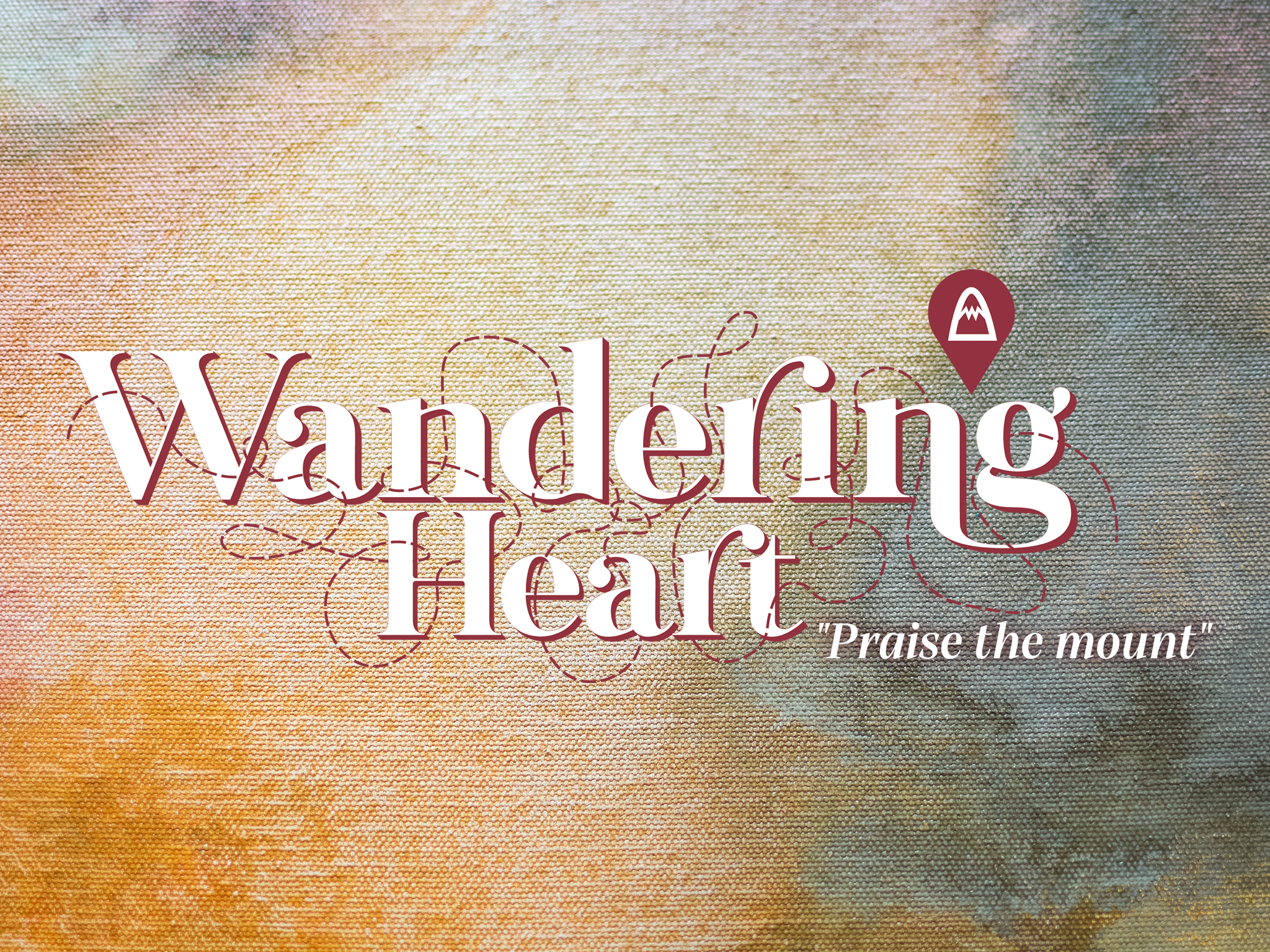
Who others say Jesus is
Peter says ‘You are the Messiah. The Son of God.’
Who some say Jesus is, is John the Baptiser. Is this a simple resurrection or conferral of Spirit somehow? Or do they (as Richard Swanson suggests) see in and around John and Jesus that something is happening in the world bigger than any historical individuals? Something so big Empire can’t stop it – can’t even control it.
Others say Jesus is Jeremiah or one of the prophets. Prophets who put the words of God on their breath; the breath of God through the prophets bringing into the world new insight, new hope, new life.
To name Jeremiah specifically? Jeremiah announced the destruction of Jerusalem. Matthew tells the story of Jesus after Jerusalem is destroyed, the Temple has fallen, again.
Jeremiah, Jesus, are associated with mourning.
Who Peter says Jesus is
Peter says, ‘you are the messiah. The Son of God.’
This adds to the earlier tradition we know in the gospel according to Mark, where Peter only says, you are the messiah.
Here, we have further exalted language – language like Son of God, Light of the World, Bread of Life, Wisdom or Word of God. Perhaps later tellers of the story expand on what Peter may have said, as the followers of Jesus continue to reflect on and digest their experiences of Jesus from walking with him, hearing his teaching, receiving healing, knowing him, following him to the cross (or not) and encountering him resurrected?
Matthew’s community needed to hear of Jesus’ identity as Son of God, as the fulfilment of Jewish hopes. They were experiencing, it seems likely, insult or derision or even ostracision from the Jewish community by leaders of the local synagogue(s). These leaders telling them they were not Jewish enough, that they were abandoning the Way of Moses.
So the gospel according to Matthew emphasises Jesus’ Jewishness – for example in the extended genealogy in the opening chapter; describes Jesus as the fulfilment of Jewish scriptures, no less than 12 explicit times; names Jesus as Son of God with a birth narrative, and the repetition of the term multiple times throughout the passion narrative.
The people are encouraged to remember they are still following Holy One as they claim Jesus as Messiah; that Jesus is one of them, is Jewish; and that they are Jewish still. (There is also strong affirmation of the opening of the realm of God through Jesus to Gentiles, which suggests a community that is vibrant in its diversity)
For Marcus Borg, the Messiah status / title/ understanding is post-resurrection only. The naming of Jesus as Son of God, Light of the World, Sophia, Wisdom – happens as the stories are told later, a reflection of a divinity bestowed on Jesus through resurrection.
But we’ve had stories recently that, if we hear them as they are, invite us to see that numinescence, that divinity, the Messiah in Jesus, there, in that moment, in the ministry, in the incarnated Wisdom as human.
And then there’s the perspective of NT Wright, who claims that Jesus knows himself to be the Messiah. That his identity and vocation are the expected and anointed one in the Jewish community to call the people of Israel to be in a new way – (by the way, a new way opened beyond Israel alone.)
[Marcus Borg and N.T. Wright, The Meaning of Jesus. Two Visions.]
Who we say Jesus is
But more than who Jesus might have thought himself to be, which we cannot know, and more even than who Peter says Jesus is and the implications of how that is conveyed to us in the context of Matthew’s account, I want us to consider Jesus’ question for ourselves.
Take a moment to reflect on the language, title, name, metaphor – or range of them – that helps you claim something of who Jesus is for you.
Pause
And even more than that, we have an invitation here to consider how we ‘say’ who Jesus is in our words and our actions.
When we at Christ Church Uniting buy extra supplies for the baskets going to Noarlunga for their emergency food relief program.
When we pour the coffee or tea for friend or stranger here for church or Effective Living Centre gatherings
When we tend the garden, call a fellow member or send a card, serve on a team or a committee
When we bring in the neighbour’s bin, collect the mail, feed the cat
When we turn up to hear voices other than our own – First Nations, homeless, poets, advocates, policy makers – to make space for opinions that challenge our own
Who, in all I say and do, do I say to the world that Jesus is?
Pause
Our hope. God with us.
Peter said, ‘You are the Messiah. The Son of God.’
And he said so not only in these words.
We have heard him say it in his getting up from the boat, from his life, and following Jesus into the realm of God, into the breathing of new insight, hope, life; in his joining Jesus’ keening call of mourning (though we’re yet to enter his story of realisation of that – stay tuned for next week!)
Simon – Peter – says Jesus, you are our hope. You are God with us.
May we so speak with courage and faithfulness in our living.
Amen.
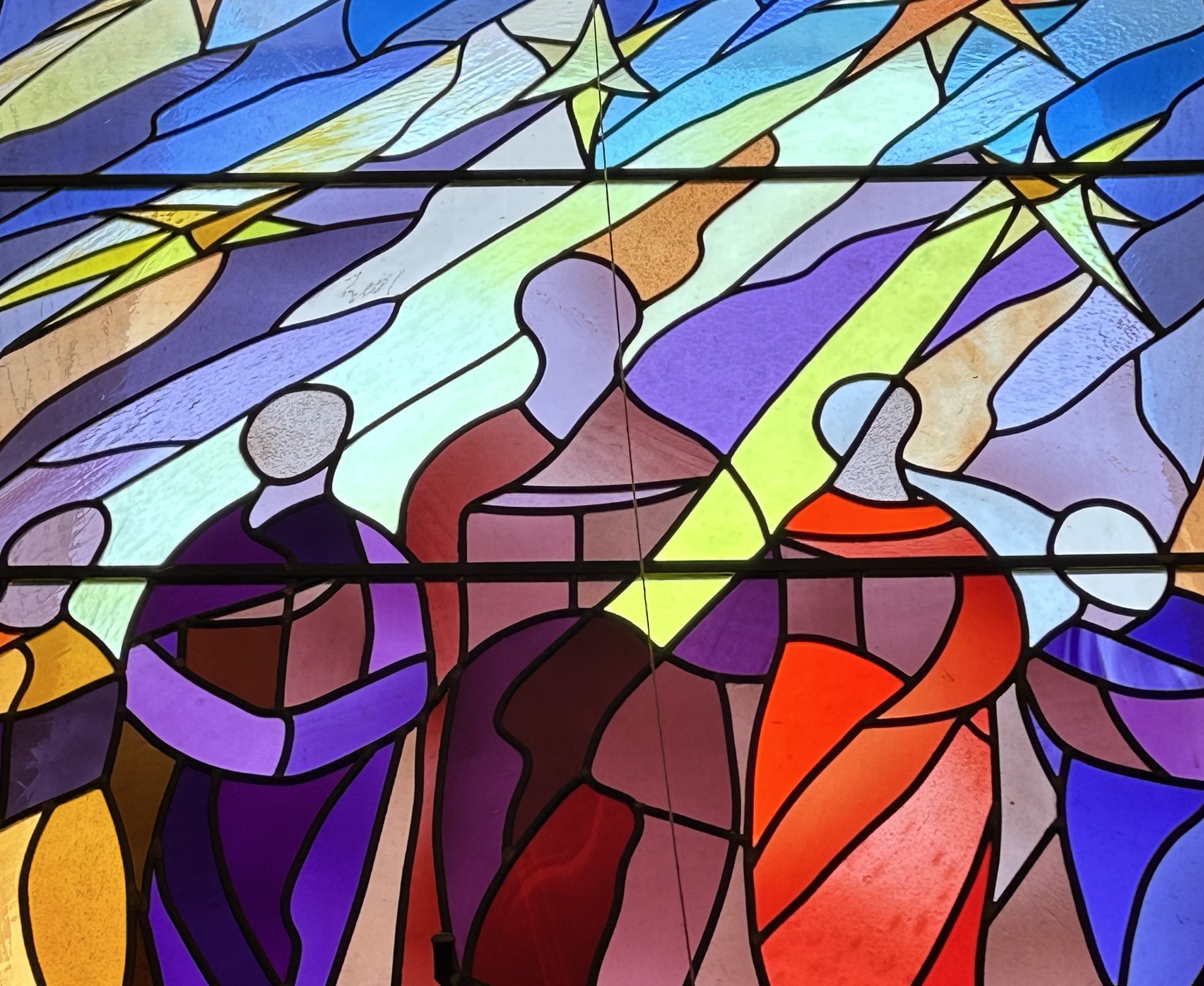
Learn more about Christ Church Uniting, Wayville.

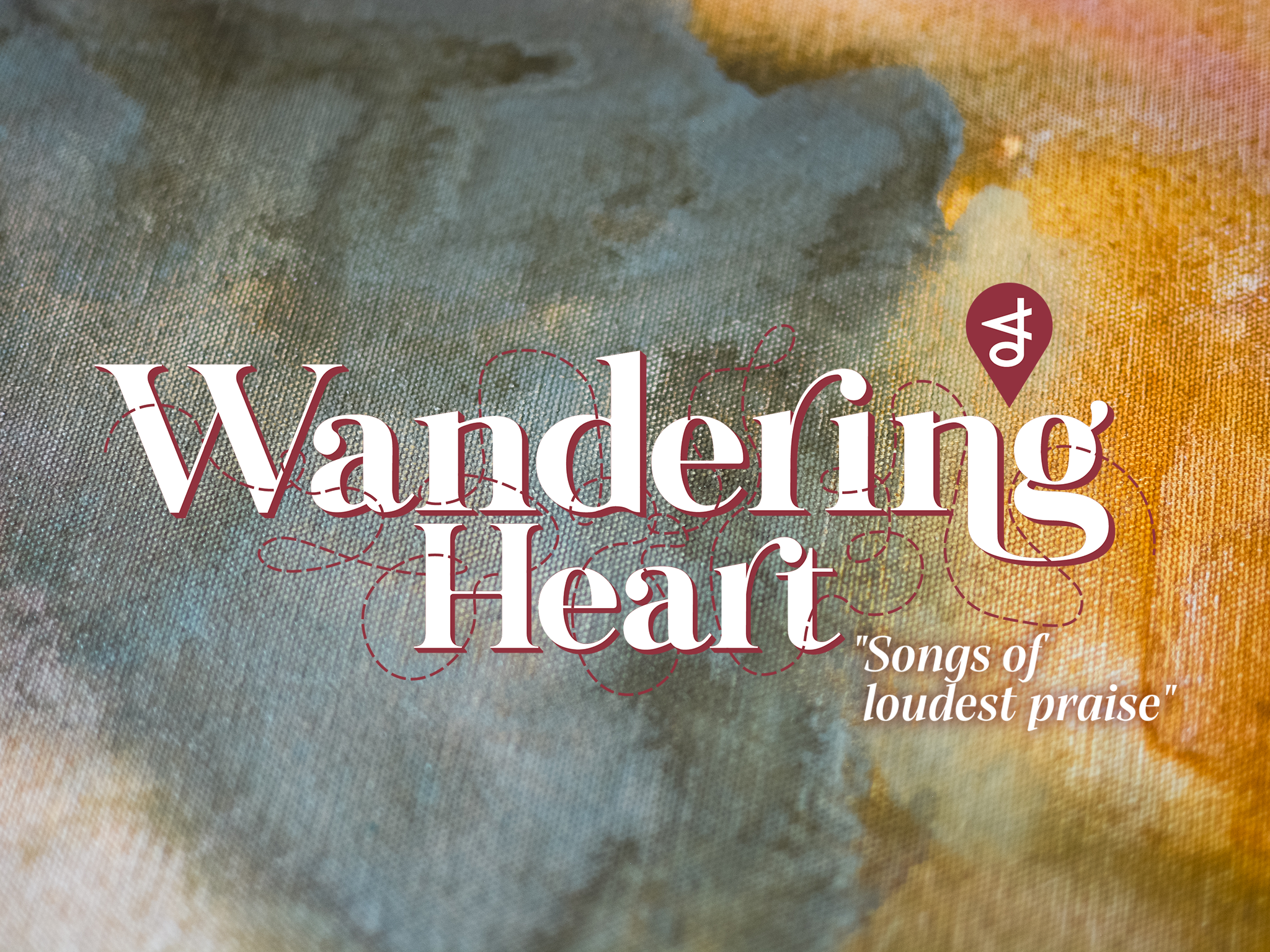
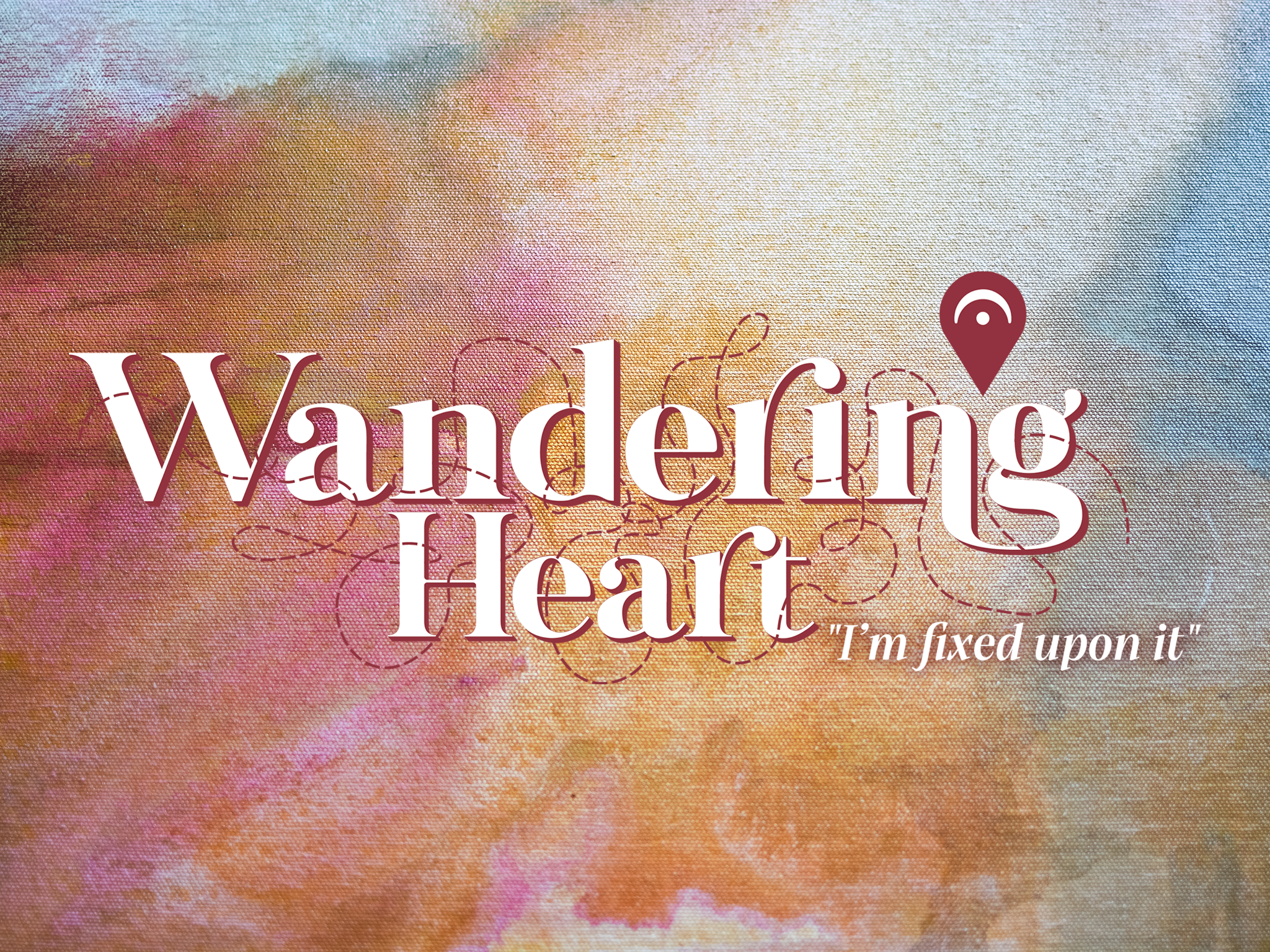
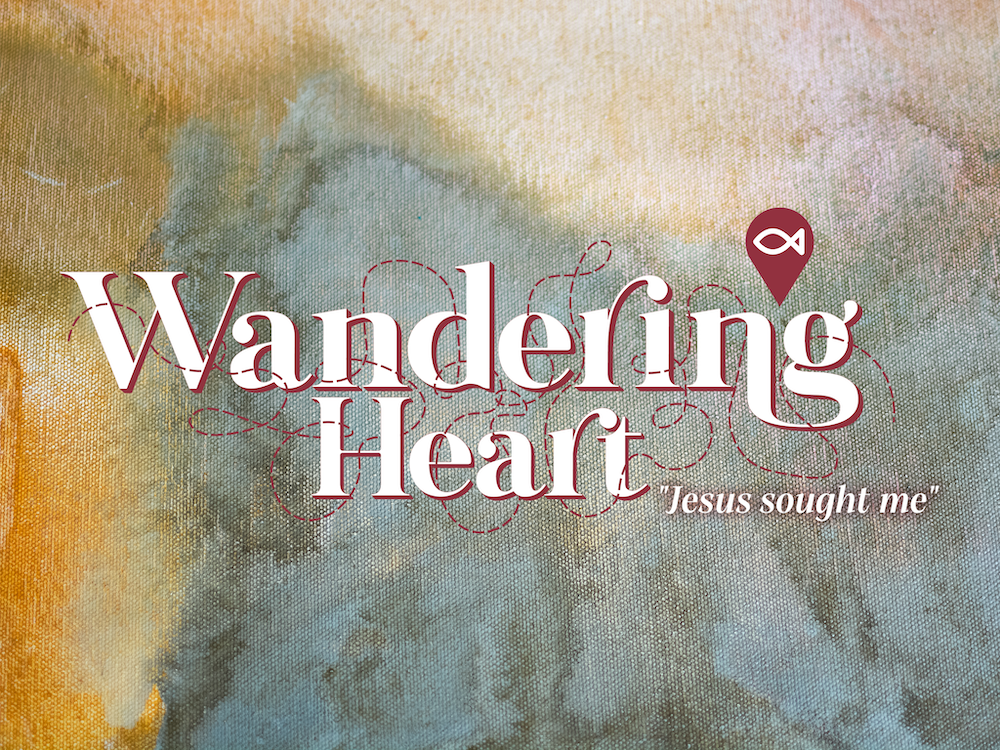
Leave A Comment